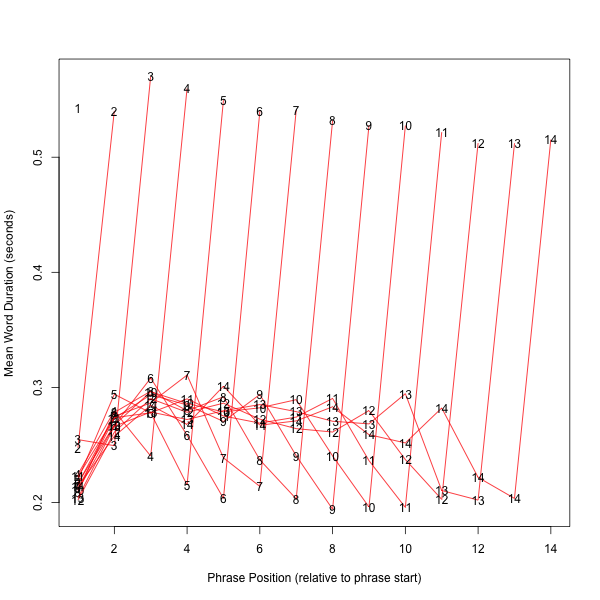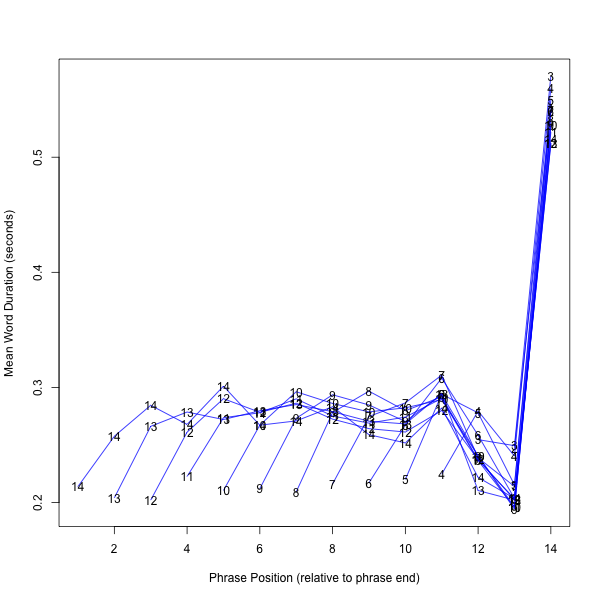Dilige et quod vis fac
 A few weeks ago, Eric Baković organized a "Short 'schrift" in honor of Alan Prince's forthcoming retirement, asking for
A few weeks ago, Eric Baković organized a "Short 'schrift" in honor of Alan Prince's forthcoming retirement, asking for
– a paean
– a poem
– a story
– a greeting
– an expression of gratitude
– a work of art (whatever that may mean to you)
– a 'classic-style' squib (à la 1970s-era LI)
– a brief analytical argument
– a simple formal proof
– a spoof of any of the above
I contributed a story, "Dilige, et quod vis fac". The result has now been revealed — squibs, greetings and thanks, stories, music, images, poetry & prose, from the archives, family & friends — so I'm reprinting my contribution below.
Read the rest of this entry »





